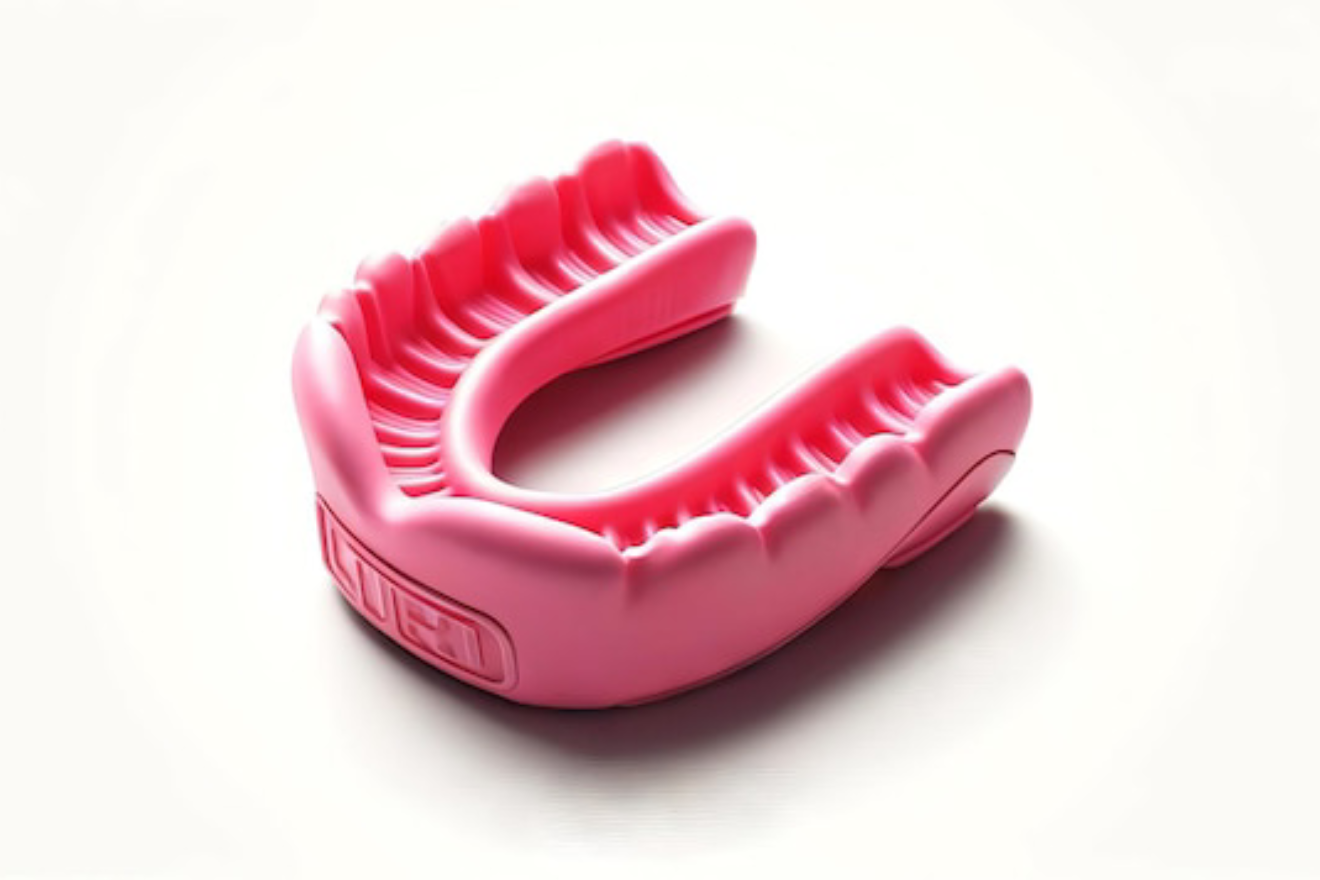Comprehensive Guide to Night Guards
Night guards are dental appliances designed to protect your teeth from damage caused by teeth grinding (bruxism) and to alleviate related symptoms. They are a crucial tool for preserving oral health and ensuring comfort during sleep. Here’s a detailed overview of night guards, including their purpose, types, benefits, and care.
What is a Night Guard?
A night guard, also known as an occlusal guard or bite guard, is a custom-made dental appliance that fits over your teeth while you sleep. It acts as a barrier between your upper and lower teeth to prevent grinding and clenching, which can lead to dental damage and other complications.
Reasons for Using a Night Guard
- Teeth Grinding: Teeth grinding, or bruxism, can wear down tooth enamel, cause tooth fractures, and lead to dental sensitivity. A night guard helps protect your teeth from these effects.
- Jaw Clenching: Jaw clenching can strain the jaw muscles and lead to temporomandibular joint (TMJ) disorders. A night guard can reduce the pressure on the jaw and alleviate related symptoms.
- Preventing Tooth Damage: For individuals with a history of dental damage or wear, a night guard provides a protective barrier to prevent further harm to the teeth and dental work.
- Alleviating Headaches and Jaw Pain: Bruxism and jaw clenching can contribute to frequent headaches and jaw pain. Using a night guard can help reduce these symptoms by minimizing the effects of grinding and clenching.
Types of Night Guards
- Soft Night Guards: Soft night guards are made from a flexible, cushioned material and are suitable for mild cases of bruxism. They provide comfort and cushioning for the teeth and jaw.
- Hard Night Guards: Hard night guards are made from a more rigid material and are designed for moderate to severe bruxism. They offer greater protection and durability compared to soft guards.
- Dual-Laminate Night Guards: Dual-laminate night guards combine a soft inner layer with a hard outer layer. This type provides the cushioning of a soft guard with the durability of a hard guard, making it suitable for various levels of bruxism.
- Custom-Made Night Guards: Custom-made night guards are tailored specifically to your dental structure. Your dentist will take impressions of your teeth to create a guard that fits perfectly and provides optimal protection.
The Night Guard Fitting Procedure
- Initial Consultation: Your dentist will evaluate your condition, discuss your symptoms, and determine if a night guard is appropriate for you. They may conduct an examination and take impressions of your teeth.
- Impression Taking: Impressions or digital scans of your teeth will be taken to create a precise model of your dental structure. This ensures that the night guard will fit comfortably and effectively.
- Fabrication: The impressions are sent to a dental laboratory where the night guard is custom-fabricated based on your specific needs. This process ensures a high level of accuracy and comfort.
- Fitting and Adjustment: Once the night guard is ready, you will return to your dentist for a fitting. The dentist will ensure that the guard fits properly, making any necessary adjustments for comfort and effectiveness.
Benefits of Using a Night Guard
- Teeth Protection: A night guard shields your teeth from the damaging effects of grinding and clenching, preserving your dental health and avoiding costly repairs.
- Jaw Pain Relief: By reducing the strain on your jaw muscles and TMJ, a night guard can alleviate symptoms such as jaw pain, muscle soreness, and headaches.
- Improved Sleep Quality: Reducing the effects of bruxism and jaw clenching can lead to better sleep quality and fewer interruptions caused by discomfort or pain.
- Prevention of Dental Damage: Night guards prevent wear and tear on dental restorations such as crowns, fillings, and veneers, extending their lifespan.
Aftercare and Maintenance
- Cleaning: Clean your night guard daily with a soft toothbrush and mild soap or non-abrasive cleaner. Avoid using hot water, which can distort the appliance.
- Storage: Store your night guard in a dry, ventilated case when not in use to prevent bacterial growth and maintain its shape.
- Regular Check-Ups: Schedule regular dental check-ups to monitor the condition of your night guard and make adjustments if needed. Your dentist will ensure that the guard continues to fit properly and address any new symptoms.
Potential Complications
While night guards are generally effective, some potential complications include:
- Discomfort: Some individuals may experience initial discomfort or a feeling of bulkiness with the night guard, which usually subsides as they adjust.
- Jaw Adjustments: Your bite may feel slightly different when you first start using the night guard, but this should normalize over time.
- Guard Damage: Over time, the night guard may become worn or damaged and may need to be replaced.
Conclusion
Night guards are an essential tool for protecting your teeth from the effects of grinding and clenching, alleviating jaw pain, and improving overall oral health. By understanding the types of night guards, the fitting procedure, and the importance of proper care, you can ensure that your night guard provides optimal protection and comfort. Consult with your dentist to determine the best night guard for your needs and enjoy the benefits of a healthier, more comfortable smile.


